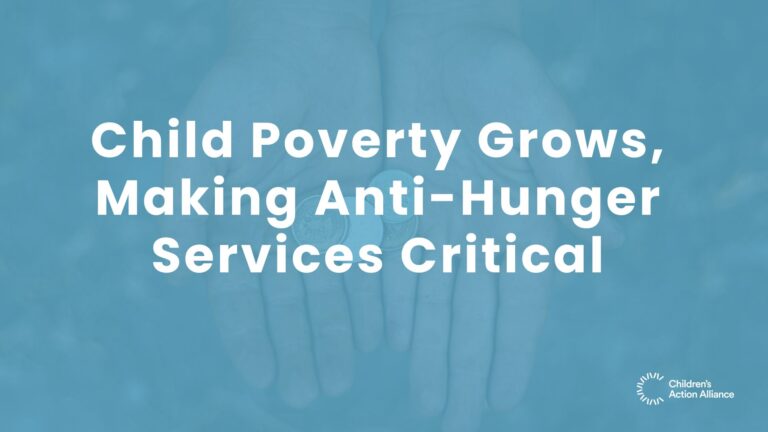
Bringing Awareness to Men’s Health and Mental Wellness This Father’s Day
Father’s Day is more than just a time to celebrate the dads, grandfathers, and father figures in our lives—it’s also a timely reminder to spotlight men’s health and mental wellness.
Approximately 29%1 of men have no primary care doctor, and men die at higher rates than women from heart disease, cancer, unintentional injuries, chronic lower respiratory disease, stroke, and diabetes. It's crucial for fathers to prioritize their physical health, as their well-being directly impacts their children's development and the overall health and well-being of the family.
Fatherhood is an important role, and when mothers have their partners involved in their pregnancy, postpartum care, and overall health from the start, they tend to experience more positive outcomes. This involvement can lead to better birth results and increased overall participation from the father throughout the family's journey. Participation by fathers early on in maternal and child health also starts a conversation about their health, including the importance of having a primary care doctor and engaging in preventive services.
June is also Men's Mental Health Awareness Month, and it serves as a reminder that mental health is important for everyone, and to raise awareness about the unique challenges men face when it comes to mental health2. Mental health is just as crucial as physical health. Men are often conditioned to stay silent about their struggles and are less likely than women to seek help for mental health problems, such as depression, anxiety, or even routine health check-ups. This contributes to higher rates of undiagnosed illnesses and preventable deaths.
Fathers carry immense responsibilities, and the pressure can be overwhelming. Being open to conversations around mental well-being helps break the stigma and builds a healthier, more supportive family unit.
Outside of their own mental and physical health, research confirms the significant impact that dads have on a child’s life. Involved fathers improve their children’s overall physical, emotional, and social well-being. Healthy fathers serve as role models for their children, demonstrating healthy behaviors and values that positively influence their children's development. This can influence a child's own health choices, including their physical activity and healthy eating habits.3
A father's health is intertwined with the health of the entire family. However, when there are discussions on maternal and child health, the father’s role and the significance of paternal impact are often overlooked. When fathers prioritize their health, they are more likely to engage in behaviors that benefit the family as a whole.
This Father’s Day, as we celebrate dads, let us also commit to celebrating their health and wellness. Whether it's scheduling that overdue doctor’s appointment, reaching out to talk with a friend, or taking time to rest, it is essential to prioritize men’s mental and physical health, reinvigorating what it means to be a strong role model for their child.
Please see the below citations and resources on men’s health and mental health supports:
1 National Healthy Start Association Fatherhood Fact Sheet
2 National Alliance for Mental Illness- Men’s Health Month
3 American Heart Association- Hey dads: You play a big and important role in your kids’ health



